Artificial Intelligence (AI) is rapidly advancing, offering significant benefits across industries. However, it also presents various ethical risks that organizations and society must address to ensure AI is developed and used responsibly.
What Are Ethical Risks in AI?
Ethical risks in AI refer to the potential negative consequences that arise from the development, deployment, and use of AI systems. These risks can impact individuals, organizations, and entire communities, leading to issues like bias, privacy violations, and lack of accountability.
How Ethical Risks Arise in AI
AI systems often rely on large datasets and complex algorithms. If these systems are not carefully designed or monitored, they can produce harmful outcomes. Ethical risks can result from biased training data, opaque decision-making processes, and insufficient human oversight.
Key Ethical Risks in AI
Bias and Discrimination: AI systems can unintentionally reinforce social biases if trained on biased or incomplete data, leading to unfair treatment in areas like hiring, lending, or law enforcement.
Privacy Concerns: AI can process and analyze personal data at an unprecedented scale, raising concerns about data misuse, surveillance, and loss of individual privacy.
Lack of Transparency: Some AI models operate as “black boxes,” making decisions that are difficult to explain or understand, which can undermine trust.
Autonomy and Control: There is a growing fear that as AI systems become more advanced, they may operate in ways that reduce human control over critical processes.
Job Displacement: Automation driven by AI can lead to job losses and social disruption, particularly in industries heavily reliant on routine tasks.
Why These Risks Matter
Ethical risks in AI can harm individuals, damage reputations, and lead to legal challenges. They can also erode public trust in AI technologies, limiting their potential benefits.
Mitigating AI Ethical Risks
Organizations should prioritize ethical AI by developing transparent algorithms, ensuring diverse training data, involving multidisciplinary teams, and maintaining strong human oversight. Regulatory compliance and ongoing ethical reviews are also essential.
Conclusion
Addressing the risks in AI and ethics is critical to building systems that benefit society. By being aware of these challenges and taking proactive steps, organizations can harness AI’s power responsibly while minimizing potential harm.


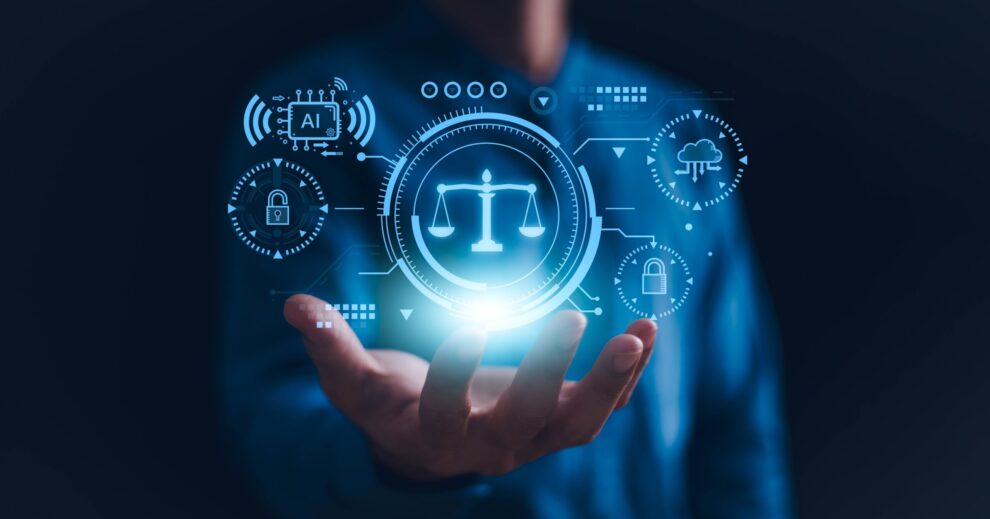
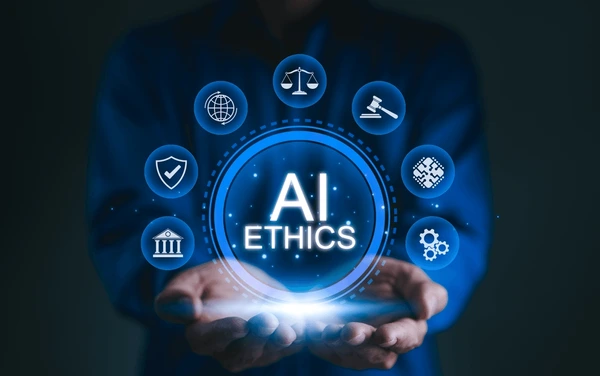
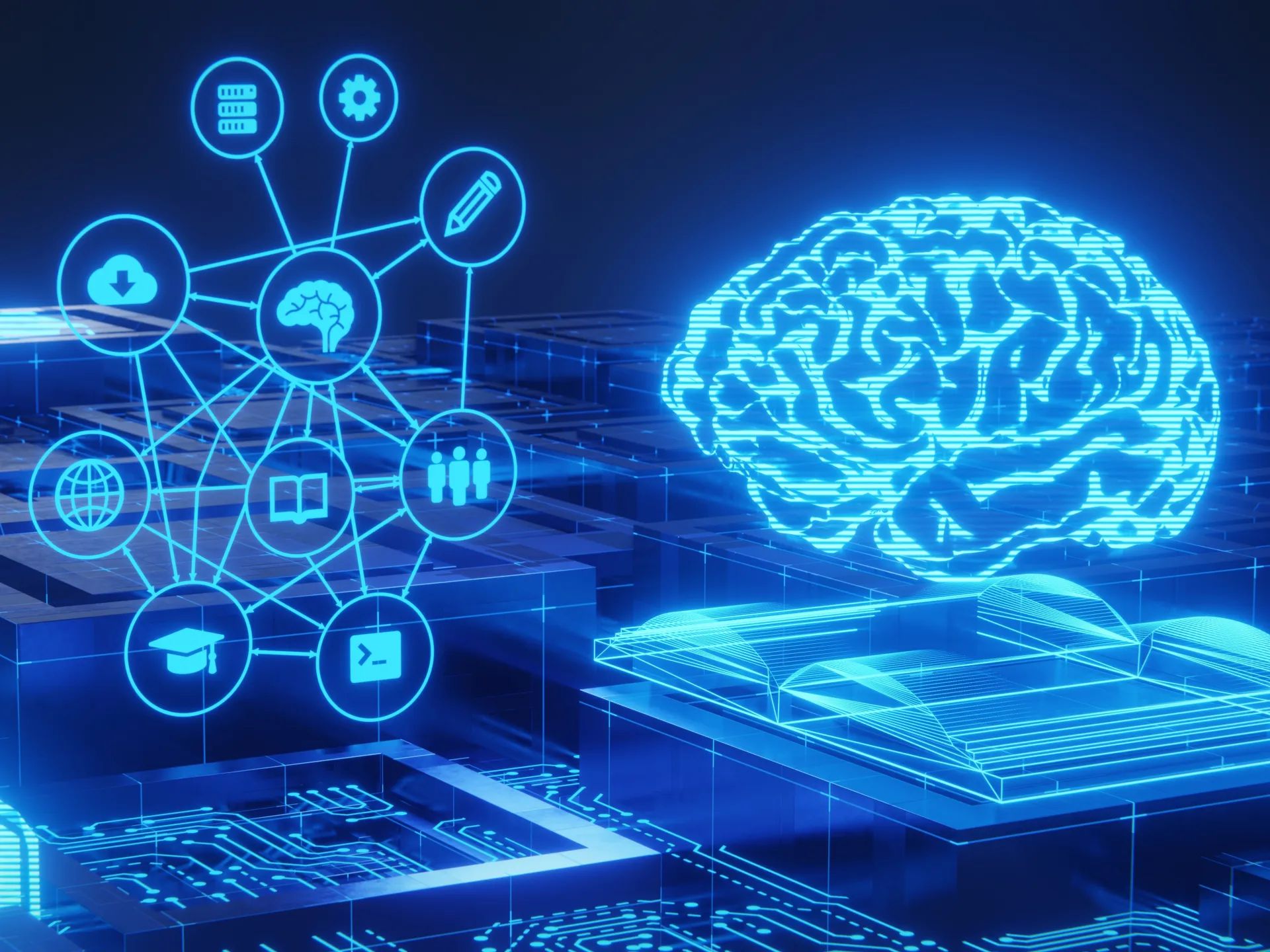
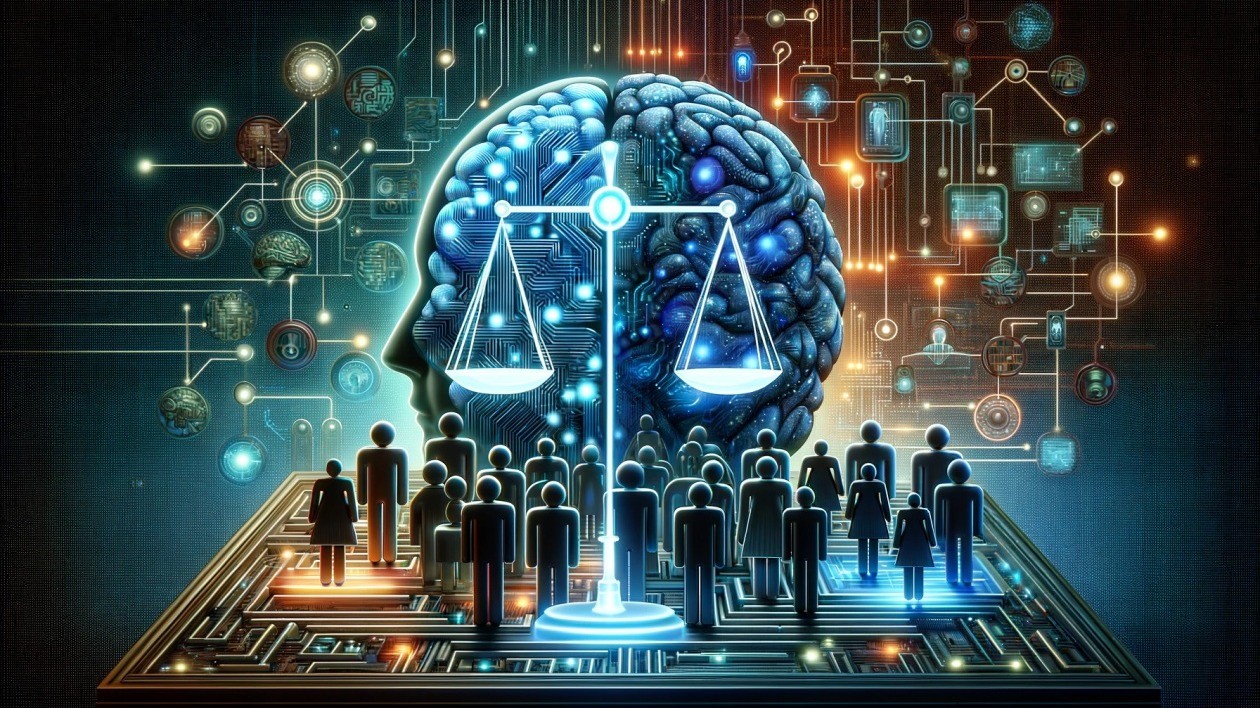
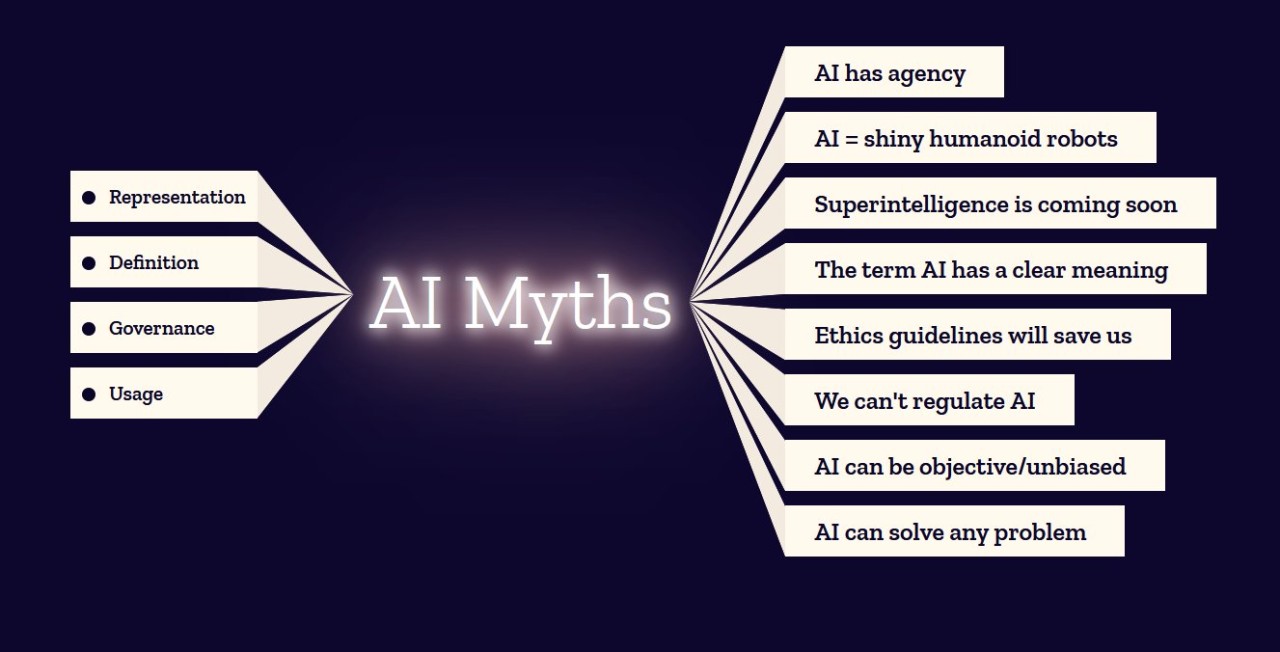
Leave feedback about this